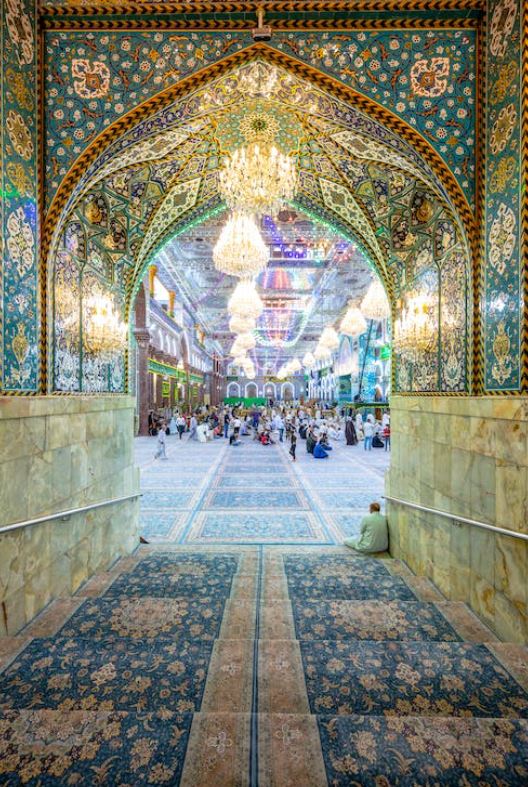
The Ultimate Guide to Planning Your Karbala Tour
Introduction
Embarking on a spiritual journey to the city of Karbala is a dream for many Muslims around the world. Karbala holds immense significance as the sacred place where Imam Hussain, the grandson of Prophet Muhammad, was martyred. It is a pilgrimage site that is deeply rooted in history and spirituality. If you are planning to undertake a Karbala tour, here is the ultimate guide to help you plan this meaningful trip.
Research and Learn about Karbala
Before you start planning your tour, it is essential to educate yourself about the history, significance, and rituals associated with Karbala. Read books, watch documentaries, and engage with scholars or knowledgeable individuals who can provide insights into the city's religious events and historical background. Understanding the significance of Karbala will enhance your overall experience during the tour.
Choose the Right Time
Selecting the ideal time for your Karbala tour is crucial. The most significant time to visit is during the month of Muharram, especially on the day of Ashura. Ashura commemorates the martyrdom of Imam Hussain and is marked by numerous rituals and processions. However, Karbala witnesses a massive influx of visitors during this time, so plan your trip accordingly. If you prefer a more tranquil experience, consider visiting during other times of the year.
Obtain the Necessary Documentation
Ensure that your travel documents, including passports and visas, are valid and up-to-date. Check the visa requirements for your specific country, as regulations can vary. Obtain any necessary vaccinations and keep a digital or physical copy of all your important documents, including travel insurance, identification, and contact information.
Plan Your Itinerary
Research and plan your itinerary ahead of time to make the most of your Karbala tour. Determine how many days you can allocate for the trip and take into account the various historical sites and religious landmarks you wish to visit. Some of the notable places to include on your itinerary are the Holy Shrines of Imam Hussain and Abbas, the Maqam of Imam Ali, Al-Qibla, and the Shrine of Lady Zainab. It is also advisable to hire a local guide who can provide you with accurate historical and religious information.
Arrange Accommodation and Transportation
Book your accommodation well in advance to secure the best rates and availability, as Karbala attracts pilgrims from all over the world. Consider staying in a hotel near the Holy Shrine for easier access to the religious sites. Arrange transportation from the airport to your accommodation in Karbala. Local taxis and rideshare services are widely available, or you can pre-book a private car for convenience.
Be Mindful of Cultural Sensitivities
When visiting a sacred place like Karbala, it is crucial to respect the culture and religious practices of the local community. Dress modestly, covering your shoulders and knees, and remove your footwear when entering religious sites. Maintain a respectful demeanor at all times, especially during religious ceremonies and processions.
Pack Essentials
Pack comfortable shoes and lightweight clothing suitable for the weather. Carry a backpack to store essentials such as water bottles, a guidebook, prayer mats, and any necessary medication. Remember to bring a copy of the Holy Quran and other religious texts if you wish to recite them during your visit.
Embrace the Spiritual Experience
Embrace the spiritual experience of your Karbala tour with an open heart and mind. Immerse yourself in the rituals, prayers, and ceremonies, and participate in the processions and majalis (religious gatherings). Take time for self-reflection and connect with fellow pilgrims to deepen your understanding of the faith.
Conclusion
A journey to Karbala is a life-changing experience for many Muslims. By planning your trip wisely, respecting local customs, and immersing yourself in the spiritual atmosphere, you can make your Karbala tour a truly transformative experience that you will cherish for a lifetime.
Common assertion associated with human being privileges marketing campaign




